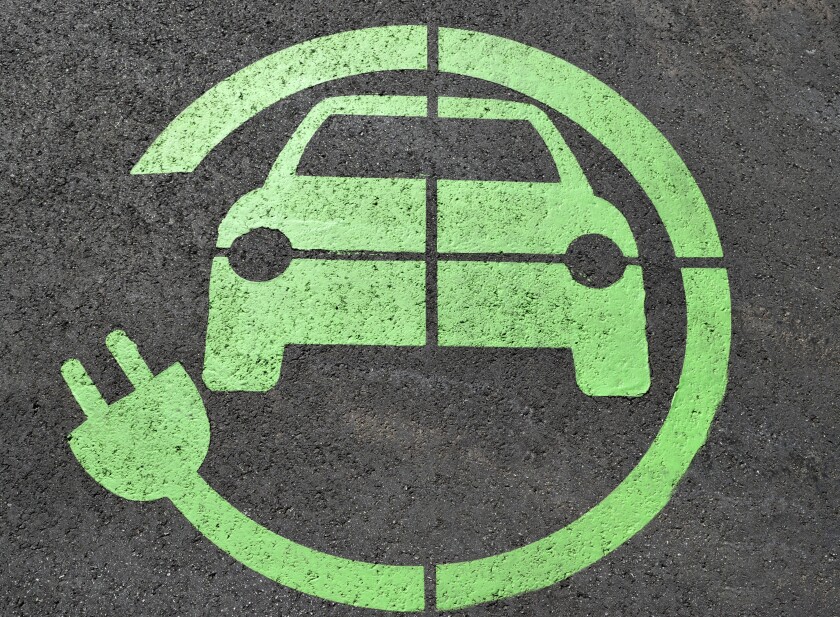Secondary batteries are now a part of our everyday lives and are present in almost everything, including mobile phones, laptops, portable devices, and electric vehicles. The secondary battery industry is a key driving force of the South Korean economy, and Korean companies such as LG Energy Solution, SK On, and Samsung SDI are prominent in the global secondary battery market.
However, the secondary battery industry is experiencing increasingly fierce competition among major countries. According to statistics from the Korean Intellectual Property Office (KIPO), the number of patent applications in Korea for secondary battery-related technologies has been increasing rapidly, at an annual average growth rate of 13% over the past five years (2019 to 2023). As a result, there is an increasing demand from battery companies for a quicker patent examination process.
To meet the needs of the secondary battery industry, the KIPO has recently introduced the following proactive policies:
The introduction of an ‘accelerated examination’ for applications in the secondary battery field to shorten the patent examination period to the first office action; and
The reorganisation of the examination bureau to establish a dedicated examination department for secondary batteries, along with the hiring of many private experts in the secondary battery field as patent examiners.
Accelerated examination for secondary battery applications
From February 19 2024, certain patent applications or utility model applications related to secondary battery technology have been recognised as eligible for accelerated examination. Patent examination period in this field, which took approximately 22.9 months in 2023, is expected to be shortened to two months.
To be eligible for accelerated examination, a patent or utility model application must satisfy the following requirements:
The application must be directly related to secondary battery materials, parts, equipment, manufacturing, or design technologies; and
The application must be filed by a company engaged in the production or preparation of products or devices related to secondary batteries in Korea, or must be directed to the results of national R&D projects related to display technology, or must be filed by a specialised secondary battery university (graduate school), according to the Act on Special Measures for Strengthening the Competitiveness of and Protection of National High-tech Strategic Industries.
However, if applications relate to applying secondary battery-related technology to other fields, such as vehicles incorporating secondary battery devices, such applications are not subject to accelerated examination.
Any companies that are producing, or are preparing to produce, secondary battery-related products, devices, etc. in Korea can get a patent granted earlier for a secondary battery application by using this accelerated examination procedure.
Dedicated examination department for secondary battery applications
As of June 13 2024, the KIPO has established a new examination department dedicated to secondary battery applications. Before the reorganisation, 45 examiners handled the examination of secondary battery applications. The newly dedicated examination department consists of three teams responsible for examinations in this technology sector:
A secondary battery materials examination team for technologies relevant to materials such as cathodes, anodes, and electrolytes;
A secondary battery design examination team for technologies relevant to the structure, design, or manufacturing process of electrodes, packaging technology, etc.; and
A secondary battery control and management examination team for technologies relevant to circuit systems, battery management systems, recycling, etc.
For this purpose, the KIPO hired 38 private-sector experts in the secondary battery field as patent examiners in May 2024, and assigned them, along with the existing 45 examiners (83 patent examiners in total), to the secondary battery examination department. Accordingly, improved efficiency and quality in patent examination are expected.
Implications of Korea’s measures in patent examination of secondary batteries
Korea is one of the major players in the global battery industry. Recently, in response to the US Inflation Reduction Act of 2022, Chinese battery companies have been rushing to expand their production bases in Korea. Accordingly, it appears that Korean patent applications derived from China will increase.
The KIPO’s proactive support policy for accelerated patent examination of secondary batteries will enable battery patent applicants to benefit from having their patents granted quickly, even before the laid-open publication is made. Early obtaining of patent rights is generally important for the survival and growth of companies in terms of attracting investment or dominating the market.
In addition, having a patent granted before the laid-open publication may prevent challenges or oppositions to ‘pending’ patent applications in Korea through third-party observations. This may also make it difficult to search or monitor competitors’ IP activities in Korea in a timely manner, to sense any potential threat from competitors. Furthermore, a granted patent in Korea can be leveraged to speed up examination in other jurisdictions by using the Patent Prosecution Highway programme.
In light of the above, secondary battery companies with business entities in Korea are advised to use the recently introduced accelerated examination procedure for their Korean filings concerning secondary batteries. In addition, for better protection of their businesses in Korea, careful monitoring of competitors’ patents will be important.












